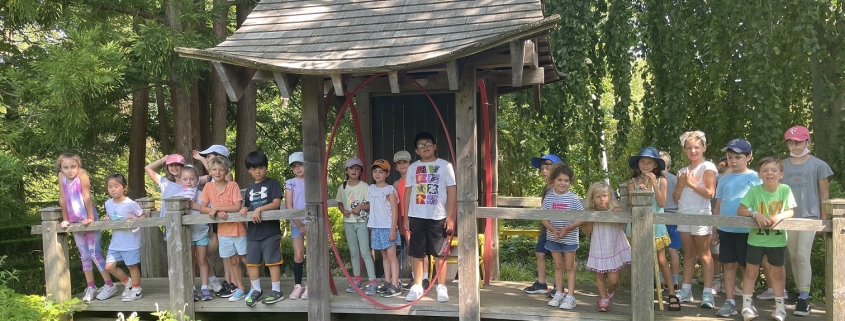11 Benefits of Extracurricular Activities for Children
Every autumn represents a shift in the schedule, inviting families to decide how they would like to spend their time. While there is plenty of value in unstructured play time outside of school, there is also the danger of screens occupying every spare minute of this idleness. We may also suspect our children are missing out on something greater if they aren’t enrolled in at least one extracurricular activity. Regardless of the particular activities your children gravitate toward, there are ample benefits for their personal development – including some that last a lifetime.
Benefits of Extracurricular Activities for Kids
Expanded Social Network: Your children can develop friendships with like-minded children, beyond the typical school environment. Less formal environments make it easier for shy kids to communicate with others. Identification with a community of peers can give children a broader sense of family and belonging. Some of these communications can lead to leadership positions within the organization or future job opportunities.
Life Skill Development: Children can pick up a variety of life skills from extracurricular participation, including how to: work in a group; manage time and organize tasks; problem-solve and persevere; win and lose graciously; lead and disseminate information to others; exercise patience; think critically; and adapt to constructive criticism.
Boosted Academic Performance: Texas A&M University found that extracurricular participation is associated with better reading and math engagement, grades, and achievement. Extracurriculars exercise brain areas involved in memory, creativity, and critical thinking.
Thrive on Meaningful Routine: Consistent, scheduled activities help children anticipate what will happen next in their world, which increases a sense of security, control, and confidence. Parental involvement in their children’s extracurricular world is a powerful way to engage young people in the community at large. Activities supported by parents create a similar intervention to parent-teacher conferences, spiritual services, and local volunteer work.
Positive Peer Pressure: Kids in clubs, sports, and activities throughout middle school experience positive pressure to make the best use of their spare time and are less likely to get involved in drugs or alcohol.
Willingness To Try New Things: Kids involved in extracurricular activities express healthy curiosity and a willingness to try new activities they may not be exposed to during the course of a normal school day or at home. Providing your children with a structured environment to learn, try new activities, and develop skills encourages your child to become a well-rounded adult.
Skill Development: Gaining proficiency in a particular interest builds a strong basis for confidence and self-esteem. Through exploration of a new field of study, kids not only learn a new skill, but cultivate passions and learn about themselves, too.
Discipline Kids on sports teams quickly lean that the rest of the group relies on their participation over the course of the season. Parents, coaches, teammates, and even teachers all reinforce the value of committing and sticking with an activity through the end. Children must exercise discipline to remain engaged week after week.
Empathy: A cultural club can increase exposure to other cultures, boosting understanding and empathy. Volunteer opportunities and community service can also broaden one’s perspective of the world, while building connections that can last well into the future.
Physical Health: Many extracurriculars are movement-based, whether dance, karate, gymnastics, nature clubs, or sports leagues. Research shows kids who exercise regularly are at lower risk for high cholesterol and blood pressure, low bone density, metabolic syndrome and obesity, sleeping difficulties, and depression. Participating in exercise activities helps kids reach the goal of getting 60+ minutes of moderate activity per day.
Mental Health: Adolescents who participate in extracurricular activities spend less time on screens, demonstrating higher levels of life satisfaction and optimism, as well as lower incidence of anxiety and depression. Children with a negative attitude toward school become more engaged. The National Center for Education Statistics has found that participation in sports, clubs, and after-school classes correlates with improved attendance, academic performance, and the desire to pursue higher education.
Get Your Kids Involved at Shine
Shine offers a number of extracurricular activities to enrich your child’s life. Try one of these classes in the fall:
- The Garden Project (Ages 3-5, 5-7, 8-10) – Explore art and nature at Bridge Gardens.
- Little Lanterns (Ages 4-10) – Learn Mandarin Chinese through art, music, STEM, and cultural studies.
- Listillos (Ages 2-10) – Learn Spanish through immersion in art, music, storytelling, motion, and games.
- Stage Lights (Ages 3-5, 6-7, 8-10) – Bring stories to life through games, puppets, music, and theater.
- Globe Trekkers (Ages 4-10) – Study international art, culture, music, flavors, and games.
- Block Party (Ages 4-10) – Play with LEGOs, explore architecture, and think outside the box.
Check out our website for more fabulous class ideas or contact us to inquire about customized programming.



